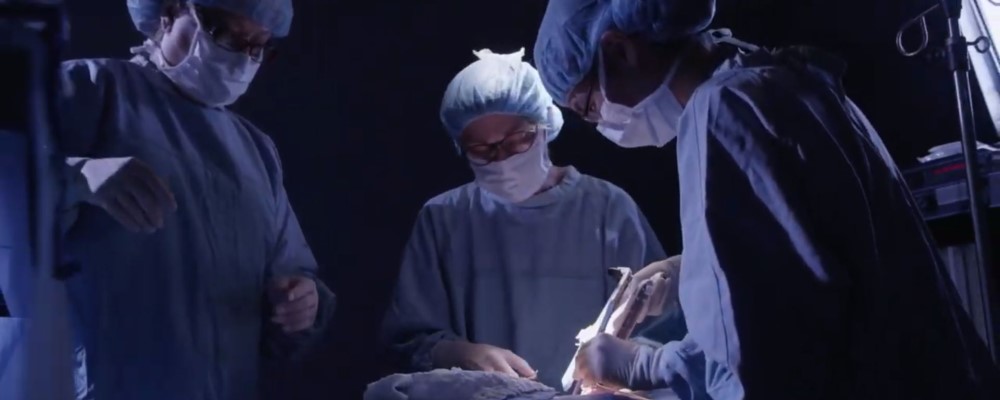
Surgical plans are imperfect guides, but new technological tools could help lighten the load for surgeons doing complex, delicate work. Every day in the operating room, surgeons make complex visual transformations in their minds.
Any pre-operative information that they have based on medical imaging is usually static; however, during surgery there are many moving parts. That means that any surgical plan up on a screen isn’t keeping pace, and it takes a lot of mental effort to align what they see on-screen with what’s on their operating table.
Computational vision scientist Richard Wildes, Associate Director of York University’s Vision: Science to Applications (VISTA) program, wants to make their lives easier by creating tools that would update the surgical plan to match the surgery as it progresses.
It all starts with teaching computers to see in a similar manner to how we see, taking on the task of manipulating medical images like x-rays or CT scans in real time, just like a surgeon does mentally.

